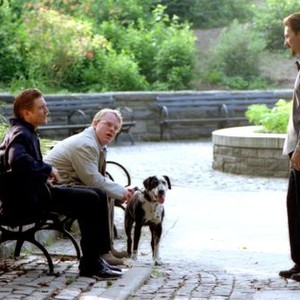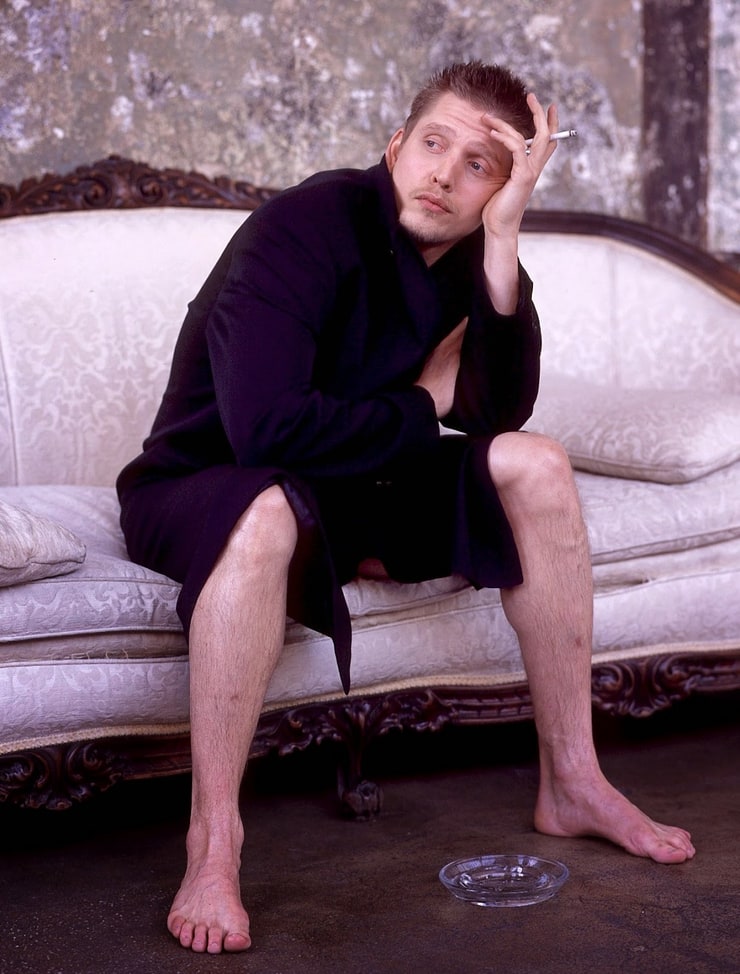
As with all of Lee's films, 25th Hour is about New York and the people who live there. Decidedly Middle Eastern nuances flirt throughout the down tempo jazz score, further addressing the drastic shift that has taken place in the overall New York state of mind. Additionally, the film's score, composed by long-time Lee cohort Terence Blanchard, also reflects this pointed commentary. Slaughtery's posh penthouse apartment overlooks Ground Zero Monty breaks down into a racially charged rant against New Yorkers. While the basic character studies which unfold throughout the film would have been captivating enough, Lee has chosen to highlight the physical and emotional detritus and debris left behind in the wake of 9/11, giving his film a somewhat vitriolic socio-political undercurrent.


They are present in Monty's relationship with his father, as well as his relationships with Naturelle and the Russian Mob. We see them represented not only in the friendship between Monty, Jacob, and Slaughtery, but also in the prologue when Monty confronts the bloody and mangled dog. And the fact that these self-same themes of loyalty and obligation run throughout the core of the film are a major factor in it being so compelling. It's as if they have remained friends out of obligation and loyalty. The interaction between these three friends is bittersweet and right on point. These are old high school buddies who have stayed in touch despite the fact that they literally have nothing in common anymore. Edward Norton in The 25th Hourīut perhaps the most telling interaction occurs between Monty, Slaughtery, and Jacob. To wit, Monty is alternately infused with guilt, paranoia, sadness, anger, mistrust all as he reconnects with his estranged father, comes to terms with the Russian mafia for whom he did some business, and ultimately begins to question the loyalty of his girlfriend. Norton does an understated turn compressing a lifetime of emotions and feelings into a few short hours. The range of emotions that flit through Monty during the course of the film, which essentially unfolds in real time, is amazing. Not to mention Naturelle, the girlfriend. The dynamics that exist between the characters is brilliant – there's Monty the drug dealer, Jacob the introverted parochial school teacher, Slaughtery the ruthless Wall Streeter, and Kostya (Tony Siragusa) the bear-like Ukrainian thug.

As such, the film is less plot-driven than character-driven, the interaction between Monty and his friends and family being the main focus here. In the final hours before his inevitable lockdown he gathers with his closet friends – Jacob (Philip Seymour Hoffman) and Slaughtery (Barry Pepper) – as well as making amends with his father (Brian Cox) and his girlfriend Naturelle (Rosario Dawson). The basic plot of the story (the screenplay was written by David Benioff and based on his book of the same name) revolves around Monty (Norton), a crafty New Yorker of Irish descent who is about to be sent off to prison. It sets the tone of the film: an examination of male bonding filled with brisk dialogue, intricate character interaction, and an underlying theme of tenacity and survival.

The scene in question involves nothing more than a growling black-striped yellow muscle car, the two actors mentioned above, and a very mangled and bloody dog.


 0 kommentar(er)
0 kommentar(er)
